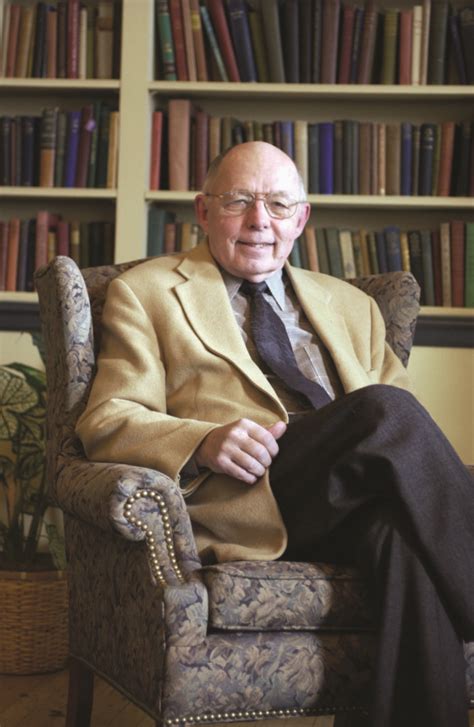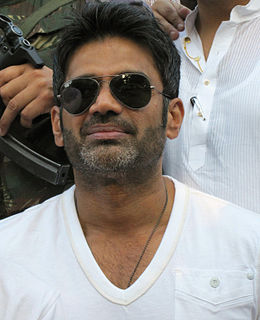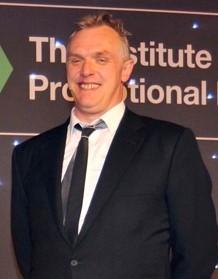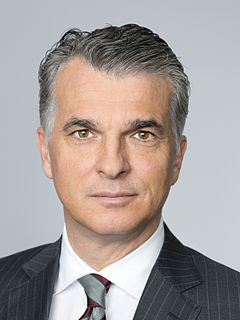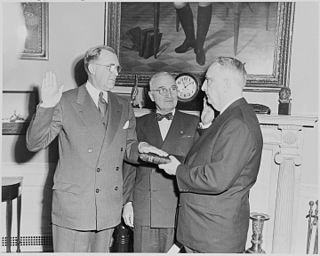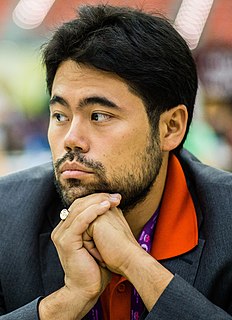A Quote by Jeffrey Sachs
In Asia, a lot of successful economies that had been living on their own saving, decided to open up their financial markets to international capital in the early 1990s. So here were countries doing quite well, but they decided to borrow a bit more and do even better.
Related Quotes
I'd done all the things I thought a person had to do in order to be successful and fulfilled, like getting a great education and becoming a lawyer, and yet there was zero spark in my life. But there was no light-bulb moment. It was gradual. In the early 1990s, I decided to experiment and try some new ways of living.
There was - there still is - a big shortage of good Chinese-English literary translators. So for two years in London, I was stuck waiting, not writing, with several Chinese books I couldn't get translated. That's when I decided to write in English, since I had been living here and had decided to reconstruct my life here. Even if I wrote in broken English, it was better than getting bored and weary and bitter on the long queue of authors waiting to be translated by a stranger.
If, for example, each of us had the same share of capital in the national total capital, then if the share of capital goes up it's not a problem, because you get as much as I do. The problem is that capital in capitalist countries is very heavily concentrated, especially financial capital. So then if the share of income from that source goes up, that actually exacerbates inequality.
The international institutions go around the world preaching liberalization, and the developing countries see that means open up your markets to our commodities, but we aren't going to open our markets to your commodities. In the nineteenth century, they used gunboats. Now they use economic weapons and arm-twisting.



